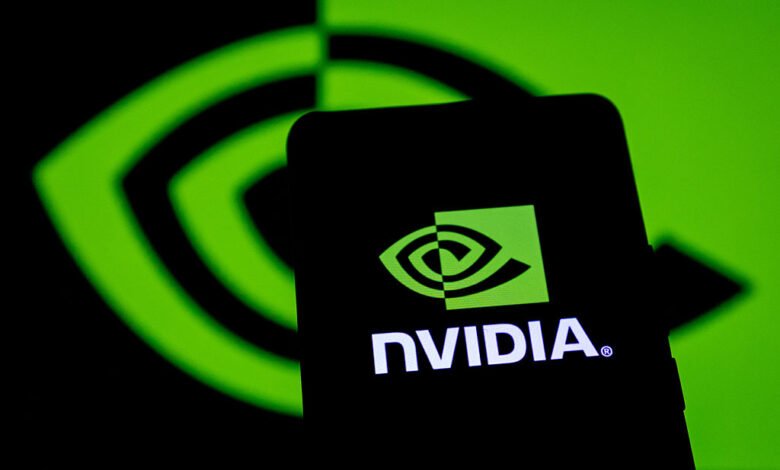Nvidia Accused of Antitrust Violations by China

▼ Summary
– China’s market regulator ruled that Nvidia violated antitrust laws regarding its 2020 acquisition of Mellanox Technologies.
– The ruling may negatively impact ongoing U.S.-China trade negotiations in Madrid, where semiconductor access is a key issue.
– The U.S. has implemented fluctuating export controls on AI chips to China, including restrictions and revenue-sharing requirements.
– China has discouraged firms from buying Nvidia chips, and none have cleared the new U.S. export process as of a recent earnings call.
– Nvidia stated it complies with all laws and will cooperate with government agencies evaluating export control impacts.
The ongoing trade friction between China and the United States over semiconductor technology has intensified with a new antitrust ruling against Nvidia. China’s State Administration for Market Regulation determined that the chipmaker violated antitrust laws through its 2020 purchase of Mellanox Technologies, a deal valued at $7 billion. While no penalties have been announced, the decision adds another layer of complexity to already delicate trade discussions.
Nvidia responded by emphasizing its commitment to legal compliance. A company representative stated, “We comply with the law in all respects. We will continue to cooperate with all relevant government agencies as they evaluate the impact of export controls on competition in the commercial markets.” The investigation remains open, and the outcome could influence broader U.S.-China economic relations.
This development occurs against a backdrop of shifting U.S. policies on advanced technology exports. Earlier this year, the Biden administration introduced the AI Diffusion Rule, designed to limit the sale of U.S.-made AI chips to certain nations, with stricter controls targeting China. Although the Commerce Department later revoked that rule, uncertainty persists. The Trump administration had previously imposed licensing requirements on semiconductor exports to China, temporarily lifted them, and then introduced a new mandate requiring U.S. firms to share 15% of revenue from chip sales to Chinese buyers.
So far, these regulatory hurdles have effectively blocked Nvidia from shipping its products to China under the new framework. Chinese authorities have also advised domestic companies to avoid purchasing Nvidia chips, reflecting the heightened geopolitical stakes surrounding access to critical technology.
(Source: TechCrunch)




